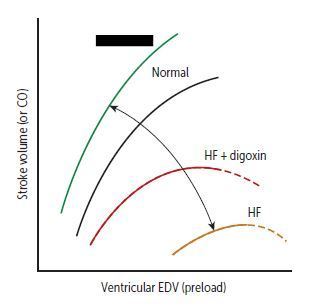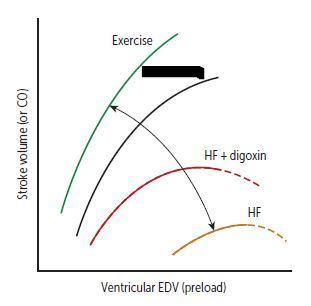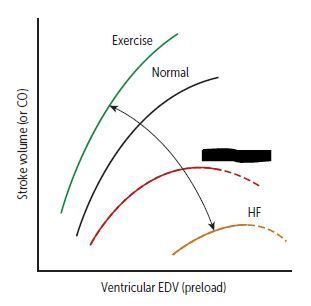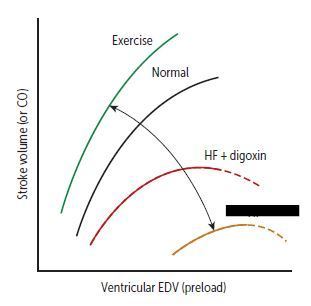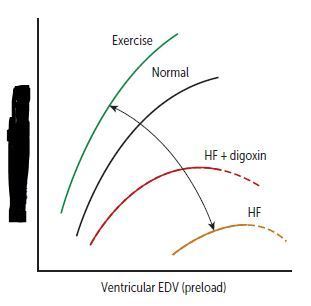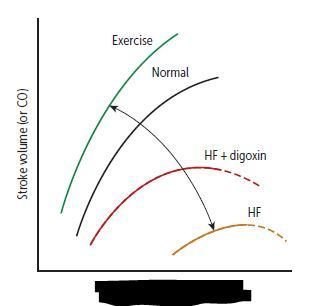Cardiovascular Fichas sobre 274 - Starling Curve, Resistance, Pressure, Flow, creado por Victoria Wright el 29/05/2017.
Pineado a
5
0
0
Sin etiquetas
|
|
Creado por Victoria Wright
hace más de 7 años
|
|
Cerrar

